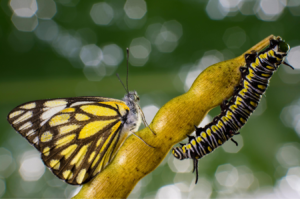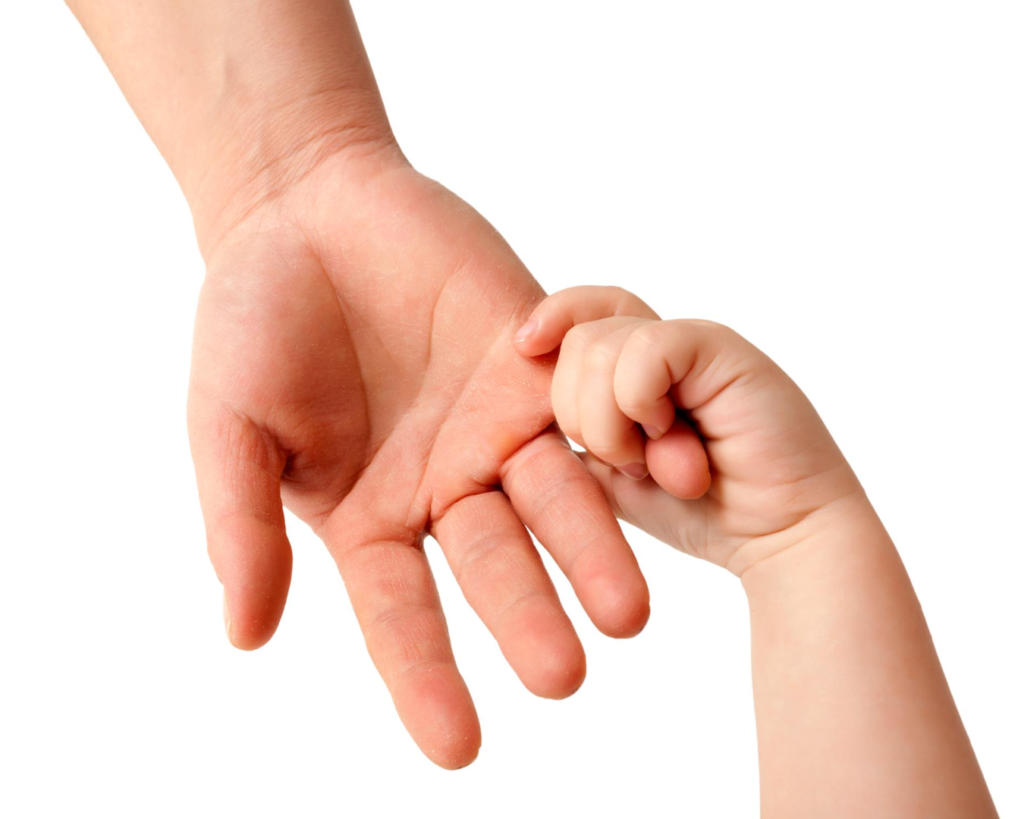IS IT STILL WORK IF THE CHILD HAS NOT FREELY CHOSEN THE ACTIVITY?
Inspired by a Montessori Musings webinar that we attended earlier in the month, we posted this question on our social media platforms this week. 74% of respondents felt that it is indeed work if the child has not freely chosen the activity, whereas 26% indicated that it is not.
We have had heated discussions amongst our faculty about this topic too and thought to share some of the points raised to stimulate further thought about this within our Montessori community.
THE NEWBORN CHILD
In her writings, Montessori often refers to the newborn child as being born ‘inert, unintelligent and unsympathetic’; in other words ‘unfinished’. She says in the 1946 London Lectures, ‘When a baby is born, it is not yet a man that is born. Yet it is the origins of man.’ In the same text, she also states that ‘the mistake we make is that we limit our definition of man only to adults.’ This was beautifully explained by a fellow Montessorian on another webinar we attended this week: We should not be looking at children as small butterflies. Instead, they should be viewed as caterpillars who, in a favourable environment, will become butterflies.

What we understand from this is that the baby who is born ‘unfinished’ is born as such in order to be able to adapt to our ever-changing and evolving world. An extremely fortuitous characteristic of the creation of mankind!
As adults, our mandate for humanity is to understand what is required by the child for the ‘metamorphosis’ of the inert, unintelligent and unsympathetic baby to a functioning, intelligent and sympathetic adult.
THE CONSTRUCTION OF THE HUMAN BEING

Montessori was clear about the purpose of education. She saw education as the ‘help we must give to life so that it may develop in the greatness of its powers’. The child, although born inert, unintelligent and unsympathetic comes into the world with great potential – the potential to walk, talk, think, imagine, create and evolve. This potential, however, needs to be nurtured. Education should provide this nourishment by ‘making use of the energies that lie dormant in each individual child’. Education, Montessori said, ‘is not limited to the transmission of knowledge’.
It is the child that is the constructor of the adult and this construction comes about through the child’s activity in the environment. The adult’s responsibility then is to ‘study [the child] in all his different phases, to study all his miracles, to realise how man reaches the stage of man through the child that constructs him’.
THE SECRET OF CHILDHOOD

The success of this construction Montessori says, lays in the secret of childhood. The potential that the child comes into the world with is driven by sub-conscious forces within the child that drive the child to interact in certain ways at certain times within the environment.
Montessori gives an example of a frog mother. The frog mother accepts that nature will take care of the tadpole (through the laws and forces of nature) becoming an adult frog provided that the environment is favourable. In the same way, she says that nature looks after children in the same way. The problem, she says, is that adults are ‘so busy with [their] grown-up, froggy work that [they] forget that the little [human] tadpoles have work of their own to do – the work of growing into men and women’.
THE CONUNDRUM
So, with the above in mind: Is it still work if the child has not freely chosen the activity?
This question can be looked at in various ways.
How are we defining ‘work’?
Is it the act of keeping children busy with an activity? Is it the progression of the child through a curriculum? Is it an appeasement of the parent in a drive to get the child through reading, (w)riting and (a)rithmetic?
Or… is it the understanding that the young child’s work is an inner construction. One that only the child her/himself can drive, through acting on unconscious urges in an environment that is geared for the child’s metamorphosis?
And that question, we will leave to you to ponder as you engage with the children in your care!
– Susanne van Niekerk –
24 July 2020
References:
Montessori, M. (2008) The Child, Society and the World Amsterdam: Montessori-Pierson Publishing Company
Montessori, M. (2012) The 1946 London Lectures Amsterdam: Montessori-Pierson Publishing Company



